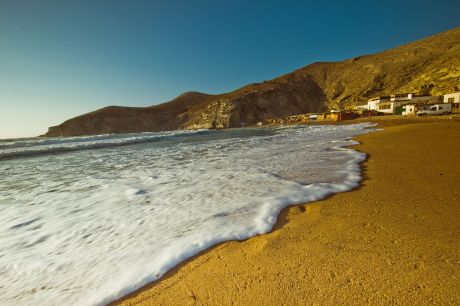Mediterranean coastal ecosystems are under pressure from urban growth and unsustainable fishing, resulting in the degradation of natural habitats and loss of biodiversity. An EU-funded project created a framework enabling European countries to transfer knowledge of coastal and marine ecosystem management to North African partners.
The aim of the
MEDINA (Marine
ecosystem dynamics and indicators for North Africa) project was to
enhance North African countries' monitoring capacity of their marine
coastal ecosystems. This includes fish stock resources, and consequently
their capacity to implement environmental policies and protocols.
Project partners developed tools and methodologies to support the implementation of the main policy for protecting Mediterranean marine coastal ecosystems, the United Nations Environment Programme (UNEP) Mediterranean Action Plan Ecosystem Approach (EcAp). The basis of EcAp was implementation of an Integrated Monitoring and Assessment Programme (IMAP) concerning coastal and marine ecosystems.
Consortium members identified a subset of EcAp ecological indicators that could be implemented in a cost-effective way by combining field data, satellite data and simulation models. As a result, a methodology was developed for identifying drivers and pressures from satellite images. The team also created a methodology for assessing eutrophication at the regional scale and a model for assessing the distribution of seagrass (Posidonia Oceania) meadows.
In addition, MEDINA developed and tested tools for water mass classification, scenario analysis, and ecosystem monitoring and assessment at the local scale. These tools were applied to five carefully chosen case studies: the Bay of Bejaia (Algeria), Lake Burullus (Egypt), the Gulf of Syrte (Libya), the Lagoon of Nador (Morocco) and the Gulf of Gabés (Tunisia).
Data from case studies was shared with stakeholders, giving them a clearer understanding of the challenges facing their local coastal environment. The tools developed will enable MEDINA to assess the status of the coastal ecosystem, including fish stocks and marine habitats.

